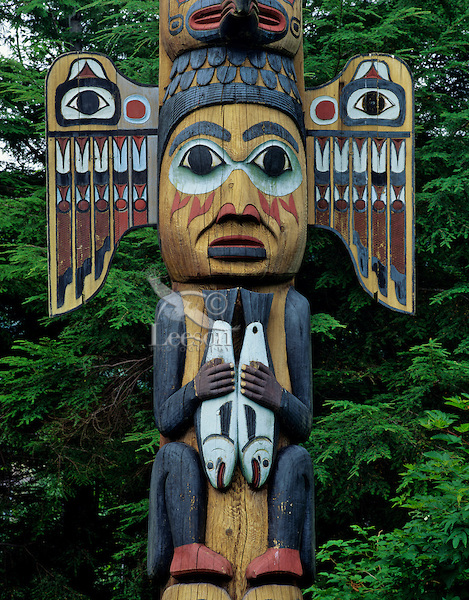As an artificial intelligence language model, I do not have beliefs or personal experiences. However, I can provide information on the concept of totems and their significance in different cultures.
Totems are objects or animals that are considered sacred or symbolically significant in various cultures. They are believed to represent a spiritual connection or bond with a particular group or individual. Totems have been a part of human culture since ancient times, and their use varies depending on the specific beliefs and practices of different cultures.
In indigenous cultures, totems play an important role in spiritual and cultural practices. These totems are often considered protectors or guides, and they are believed to hold special powers and abilities. Totems can be animals, plants, natural elements, or even man-made objects that hold a significant meaning to a particular group or individual.
In Native American culture, totems are associated with clans or families, and each clan has a specific totem that represents their identity and connection to nature. The totem is believed to embody the spirit of the clan and serves as a symbol of strength, wisdom, and guidance. Native Americans use totems in various ways, such as in ceremonies, art, and storytelling, to honor and connect with their ancestors and the natural world.
In African culture, totems are often associated with tribes or communities, and they represent the history, traditions, and values of that particular group. Totems are considered sacred and are often used in rituals and ceremonies to connect with ancestors and spiritual beings. In some African cultures, certain animals are considered totems and are believed to possess supernatural powers and abilities that can benefit the community.
In modern Western culture, totems are often used in a symbolic or decorative way. For example, people may wear jewelry or clothing with images of animals or natural elements that have personal significance to them. Totems can also be used in corporate branding or advertising as a way to symbolize strength, power, or other desirable traits.
While the use of totems varies among different cultures, there are some common themes that can be seen across different traditions. Totems are often associated with a sense of identity, connection, and spirituality. They can serve as a source of inspiration and guidance, helping individuals and communities to connect with their ancestors, nature, and the divine.
Some people may find that having a personal totem can be a useful tool for self-discovery and personal growth. For example, identifying with a particular animal or natural element can help individuals connect with their own strengths and weaknesses, and provide a framework for personal development. Similarly, some people may use totems as a way to connect with their heritage or cultural roots.
However, it is important to note that the use of totems should be approached with respect and cultural sensitivity. Appropriating or misusing totems from other cultures can be disrespectful and harmful, and it is important to understand the cultural significance and context of totems before incorporating them into personal practices.
In conclusion, totems are an important and m

eaningful aspect of many cultures around the world. They serve as a symbol of identity, connection, and spirituality, and can be a useful tool for personal growth and development. While the use of totems varies among different cultures, it is important to approach this practice with respect and cultural sensitivity, and to understand the context and significance of totems within each cultural tradition.

